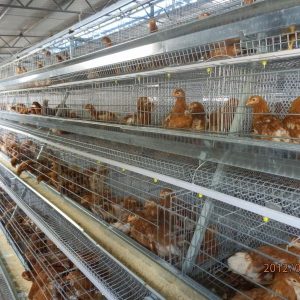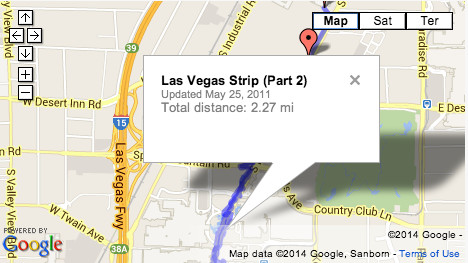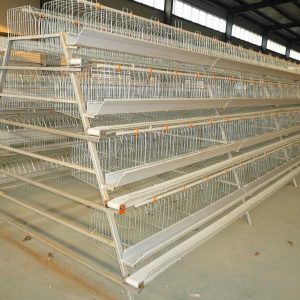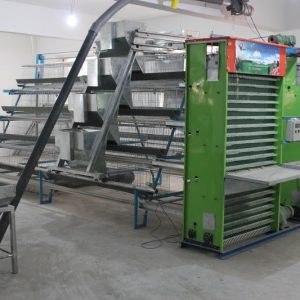
Precautions for chicken drinking in winter
In winter, chickens’ water demand is relatively low, but breeders still need to pay attention to the problem of chicken drinking: water shortage in the chicken flock, loss of appetite, and egg production decrease. In severe cases, the chicken flock stops laying eggs and the chicken body is thin. Depletion and death, chickens also need water in winter to maintain normal life activities and production.
1 Ensure clean drinking water
Chicken drinking water should be clean and hygienic, and the sink should be cleaned frequently.
2 The water temperature cannot be too low
Chickens drinking cold water can reduce the egg production rate and increase the feed consumption. The water temperature is generally 10 ℃ ~ 20 ℃. If possible, place a large container in the chicken coop to put water in to increase the water temperature.
3 The amount of water in the sink
The water in the suitable tank should not be too much to avoid frostbite caused by the chicken body. For flat chicken houses, the drinking trough must have a device to prevent chickens from entering the trough.
4 Ample supply of drinking chickens
The water requirement is generally twice that of the feed intake, but the actual requirement is often affected by temperature and the type of feed intake, so sufficient drinking water must be provided to allow chickens to drink freely.



